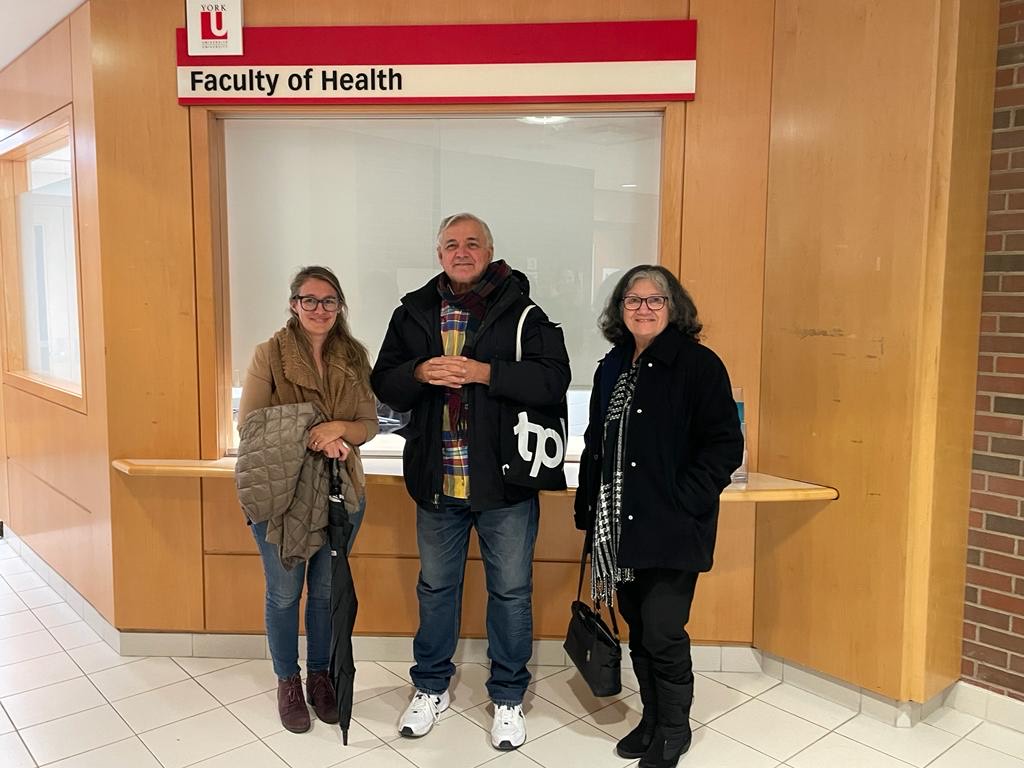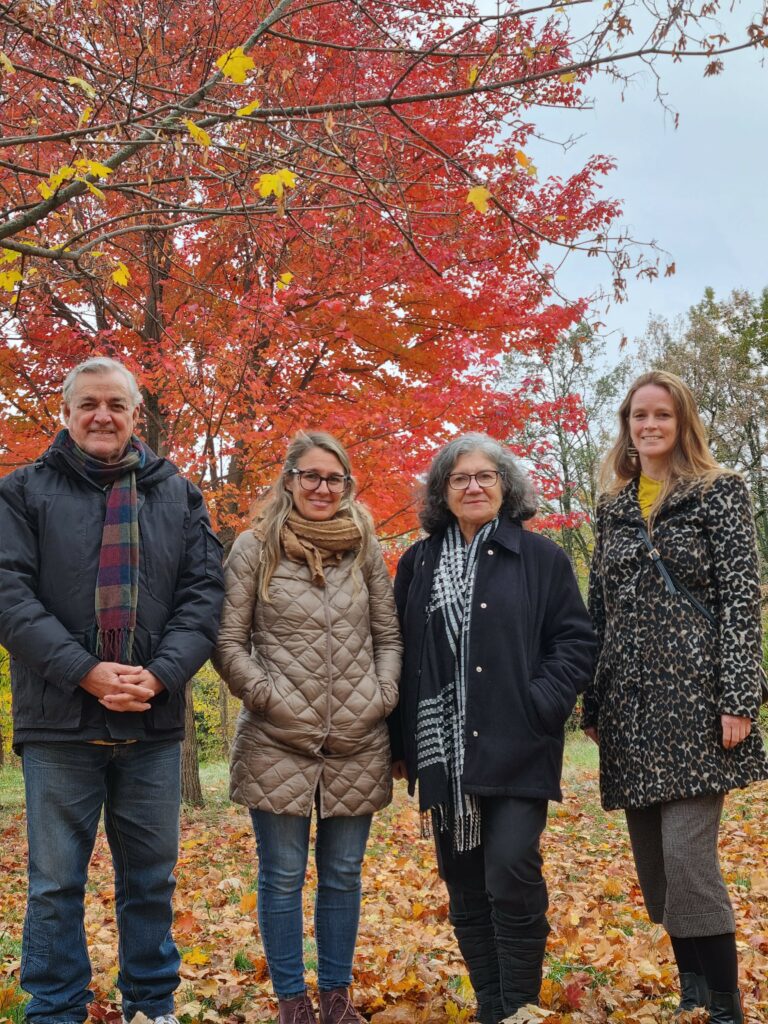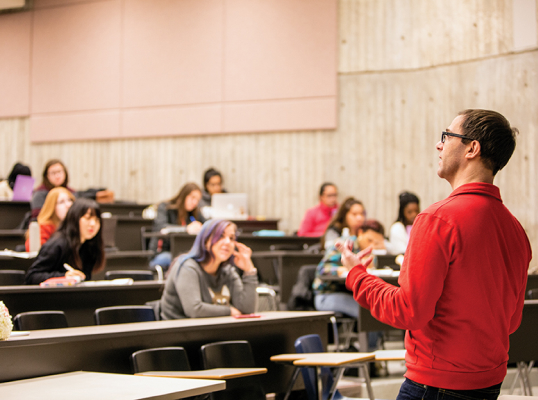The Honours Bachelor of Health Studies (BHS) in Health Studies and the Specialized Honours BHS in Health Policy, Management, and Digital Health, offer students a broad perspective about all aspects of the health care system, as well as other factors that affect our health such as income, employment, and housing. Learning takes place not only in classroom settings but also through experiential education and, in the Specialized Honours degree, field placements with community organizations. The faculty in the School are internationally recognized for their research and teaching.
Programs of Study
Health Studies Video Transcript
In the News
Cuban delegation visits SHPM! New Cuba course in Summer 2024 term!
SHPM has a new exciting course in Holguin, Cuba in Summer 2024 term! Taught by Dr. Jessica Vorstermans, spend 2 weeks exploring key areas of the right to health, education, art, history, and culture and ways that Cuba has built their social fabric in a way that delivers exceedingly high health outcomes, rooted in a health equity approach. This course will take place in Holguin, Cuba in partnership with the University of Holguin and the Medical University of Holguin. We will be learning in many different spaces: at the two universities, in community health clinics, hospitals, cultural sites, historic sites and in exchanges with Cuban students. You do not need to speak Spanish, we will have simultaneous translation for all learning.
Cuba is a country in the Global South experiencing a difficult economic crisis and has been under a brutal blockade by the United States since 1962 (which has been condemned yearly by UN Resolution in which 185 state support and just 2 oppose: in 2022 for the 30th time the UN has rebuked the decades-old US policy). Despite this, Cuba has not wavered in its commitment to health as a human right, health equity and the full development of every Cuban. Come learn about what this looks like in practice from Cuban professors, professionals and workers!
This is a unique opportunity to learn alongside Cubans in how their ongoing revolutionary project is rooted in rights and access for all! All students will be automatically granted a York study abroad bursary for $1000.
All details about the course are here
In October 2023, professors from the University of Holguin, Vilma Paez, and the Medical University of Holguin, Salvador Escalante, visited SHPM. (See the photos).
More SHPM News
Universities, faculty gearing up in response to Afghan refugee crisis | University Affairs
An informal working group led by Professor Farah Ahmad was featured on the University Affairs website.
Supporting mental health at a time of crisis
Professor Farah Ahmad was quoted in York Magazine, Summer Issue, 2021.
York Research Chair in Indigenous Health Policy and One Health
Professor Sean Hillier has been appointed York Research Chair in Indigenous Health Policy and One Health (July 1, 2021 to June 30, 2026).



Angelique Gordon and Chanelle Chanelle Perrier-Telemaque are winners of the SHPM First Annual Graduate Student Paper Award on Anti-Black Racism in the Fields of Health and Disability in Canada, and Interventions to Policy, Practice and Alternatives from Community Activism and Organizations
Canadian ethicists recognize the critical importance of science and research
Steven J. Hoffman, director, Global Strategy Lab and professor of Global Health, Law, and Political Science, contributed to an article in The Conversation July 2.
Awards and Recognitions
Health Studies graduate Hanaa Ameer recognized with Murray G. Ross Award.
Statement of Support & Solidarity

How to Reach Us
For general inquiries, please visit the contact page.
Discover more




